Mollies and platies are both species of freshwater fish commonly kept in home aquariums. Although they are closely related and have some similarities, there are also several key differences between the two:
-
Origin: Mollies are native to freshwater habitats in North and Central America, while platies are native to freshwater habitats in Central America.
-
Size: Mollies are typically larger than platies, growing to an adult size of 3-4 inches, while platies usually reach a size of 2-3 inches.
-
Body Shape: Mollies have a more slender and elongated body shape, while platies have a more rounded and compact body shape.
-
Coloration: Mollies come in a variety of colors, including black, silver, and yellow, while platies are available in a wider range of colors, including red, orange, yellow, and black.
-
Temperament: Mollies can be more aggressive than platies, especially when housed in a crowded aquarium, while platies are generally peaceful and well-behaved.
-
Reproduction: Mollies are livebearers, meaning they give birth to live young, while platies are also livebearers but have a slightly different reproductive anatomy.
-
Diet: Both mollies and platies are omnivores and will eat a variety of foods, including pellets, flakes, and live or frozen foods.
Overall, both mollies and platies are hardy and attractive fish that can be a good choice for beginners or experienced aquarium hobbyists. The choice between the two will ultimately depend on personal preference and the conditions of your aquarium.

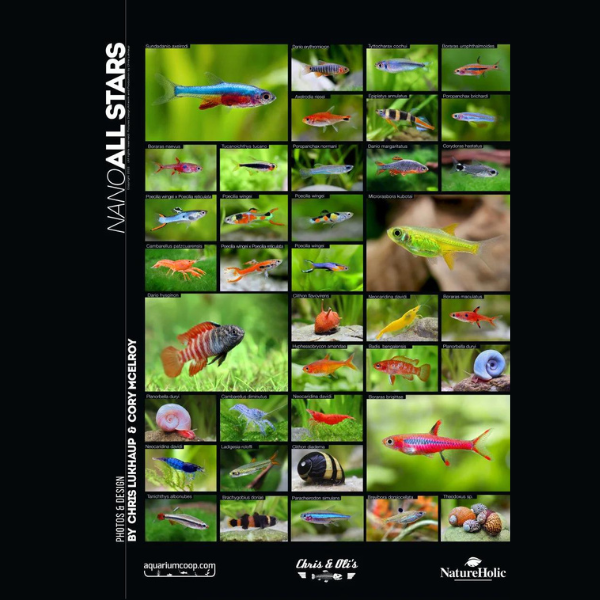
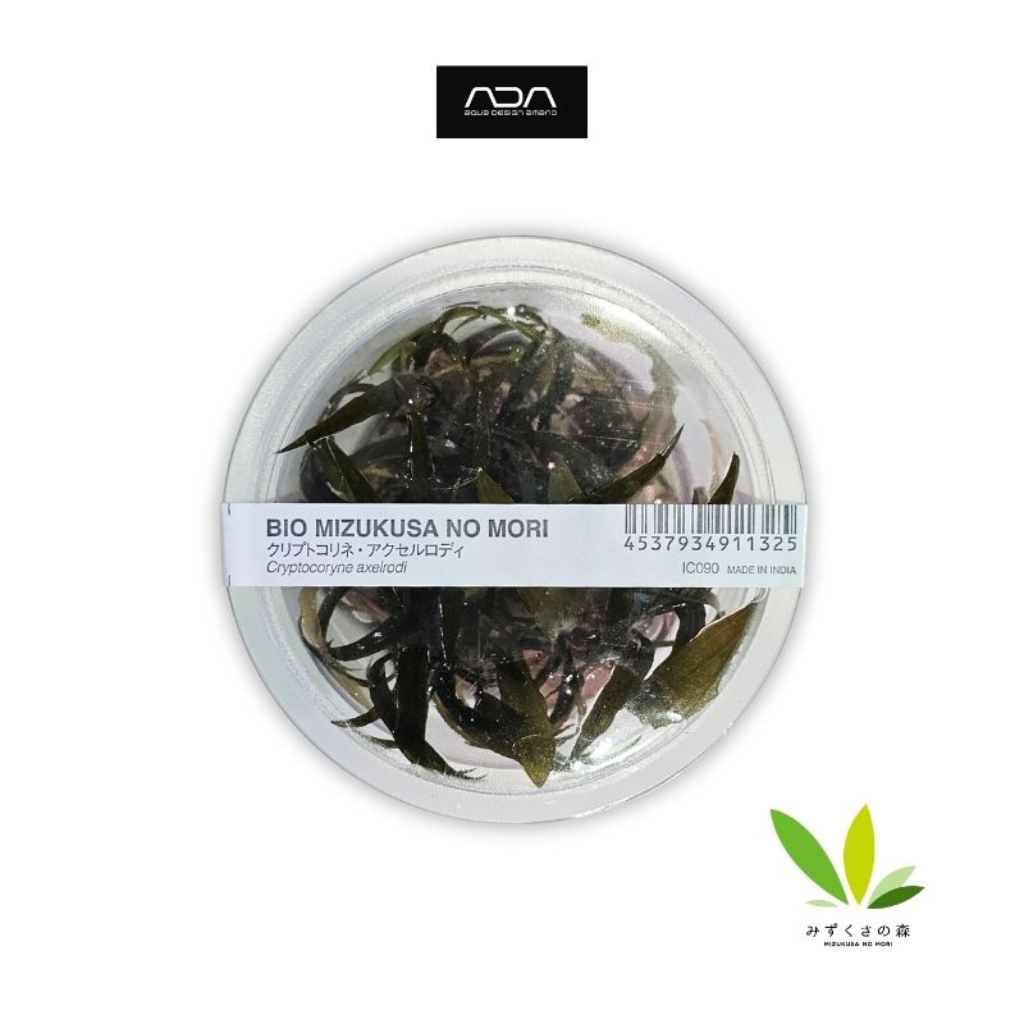
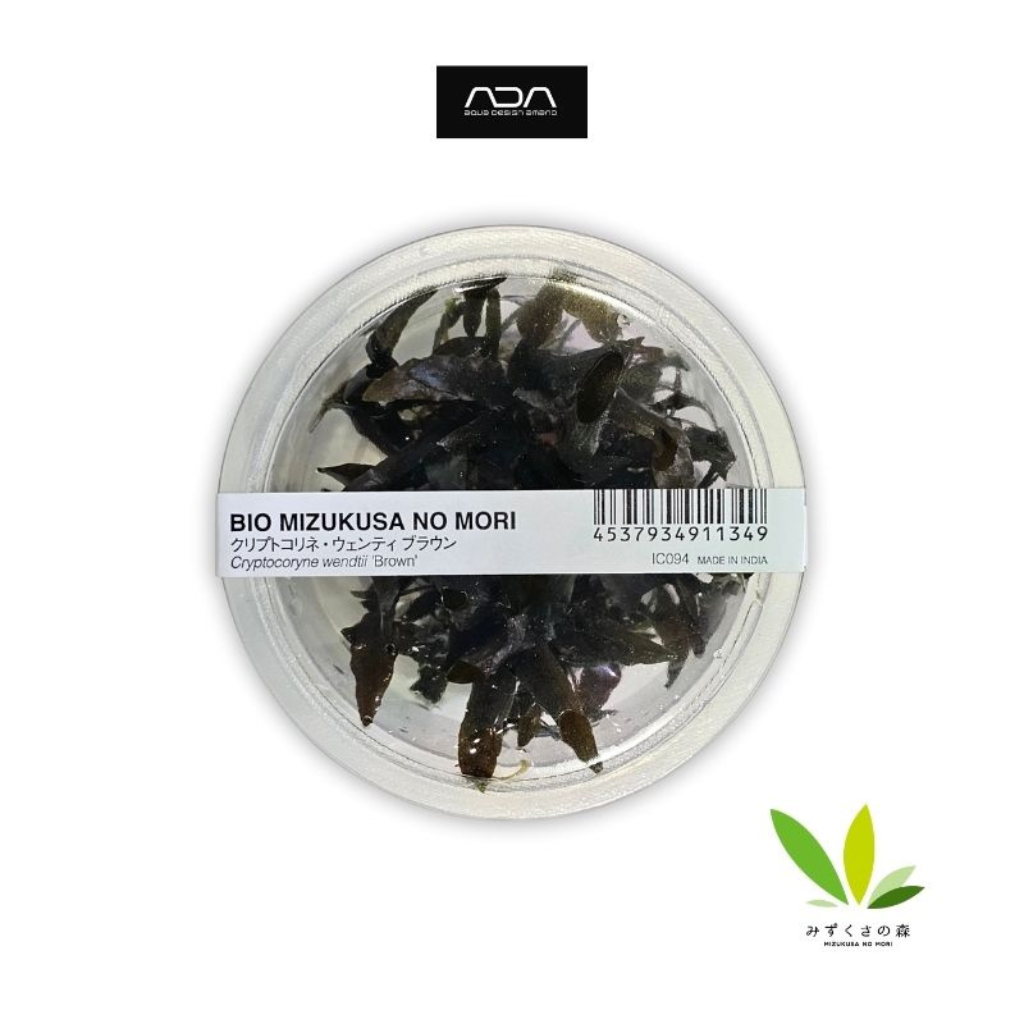
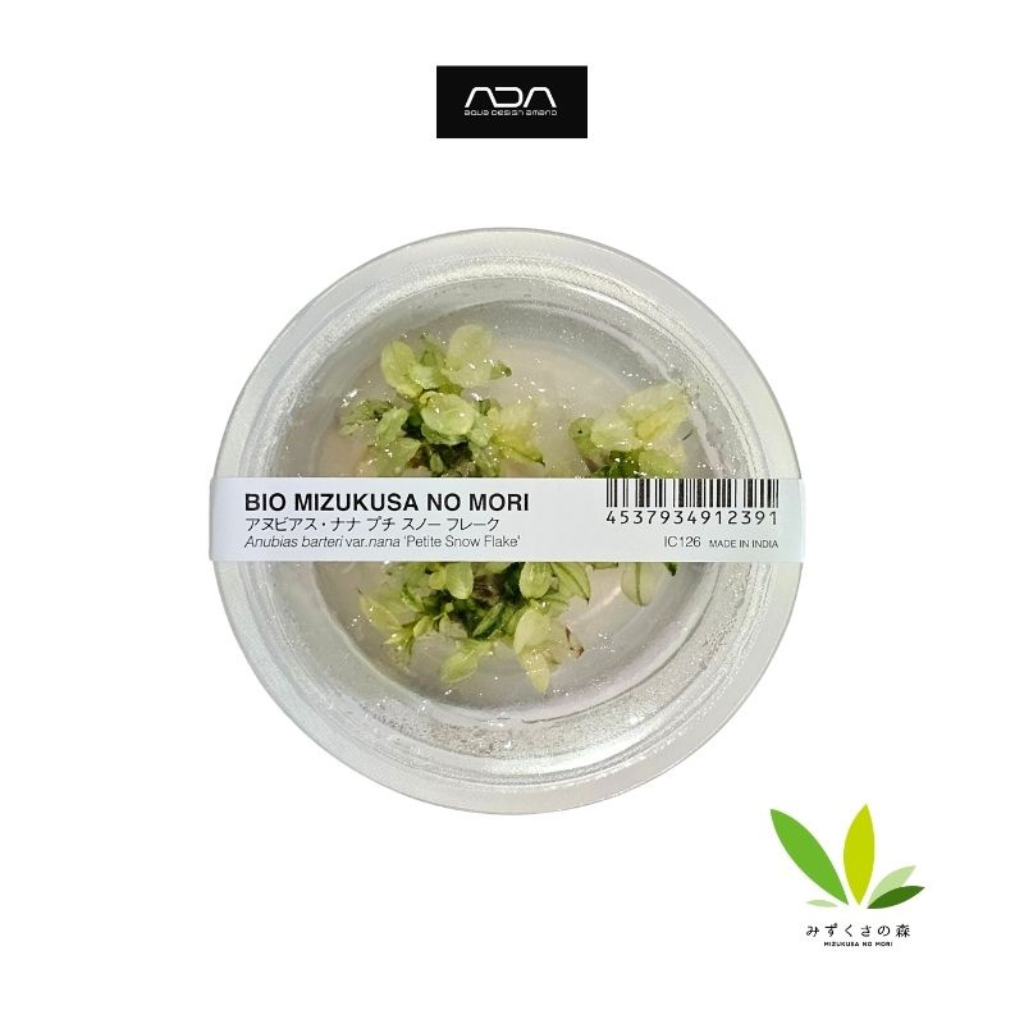

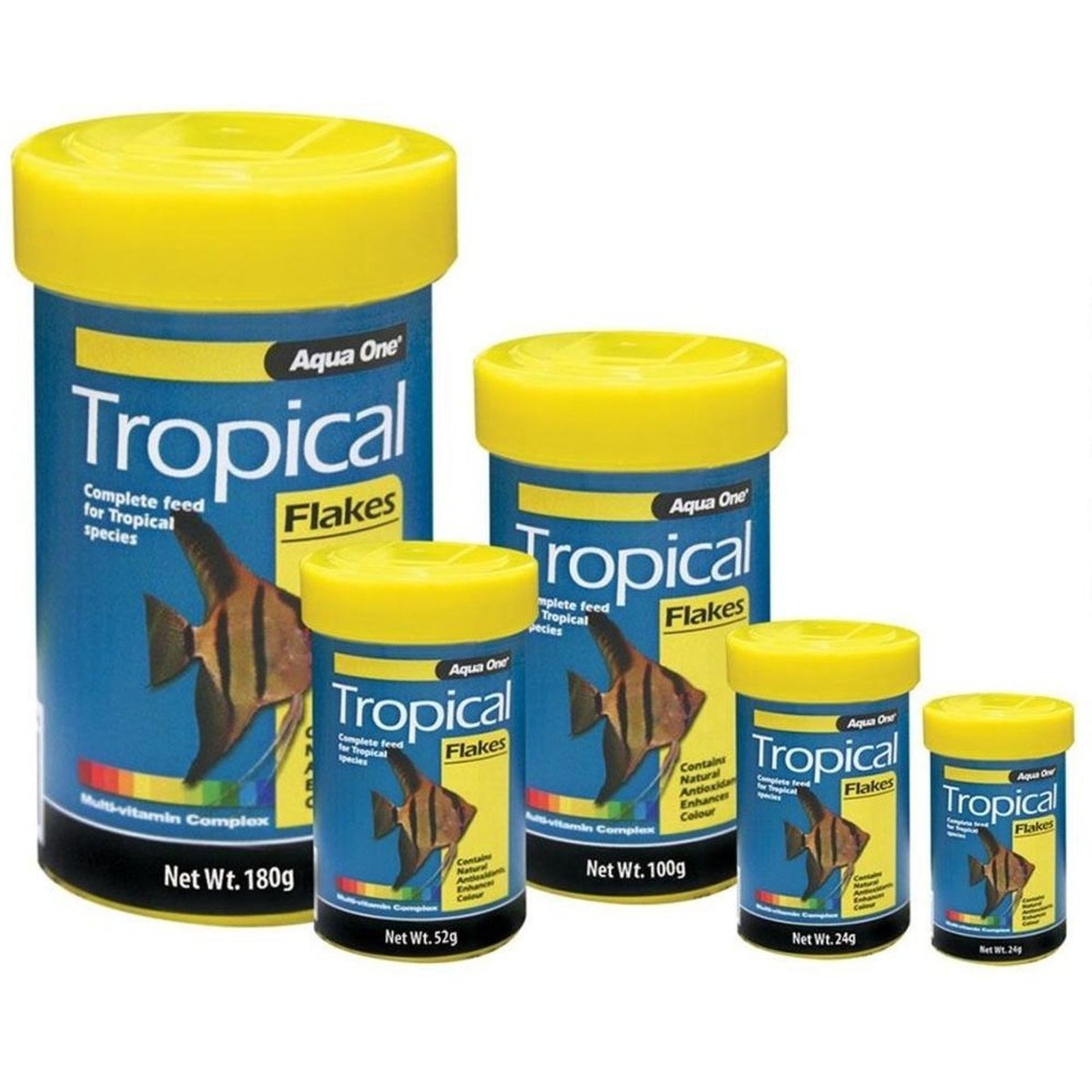
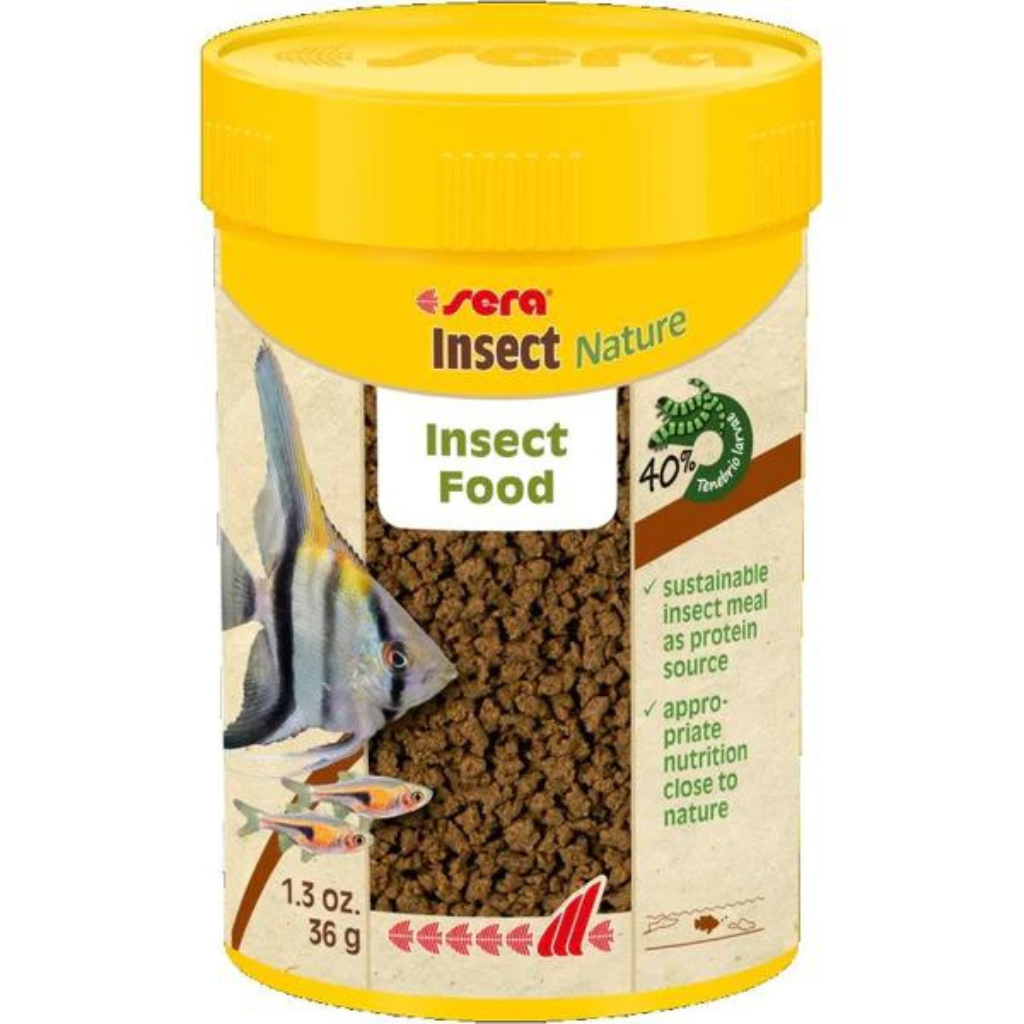






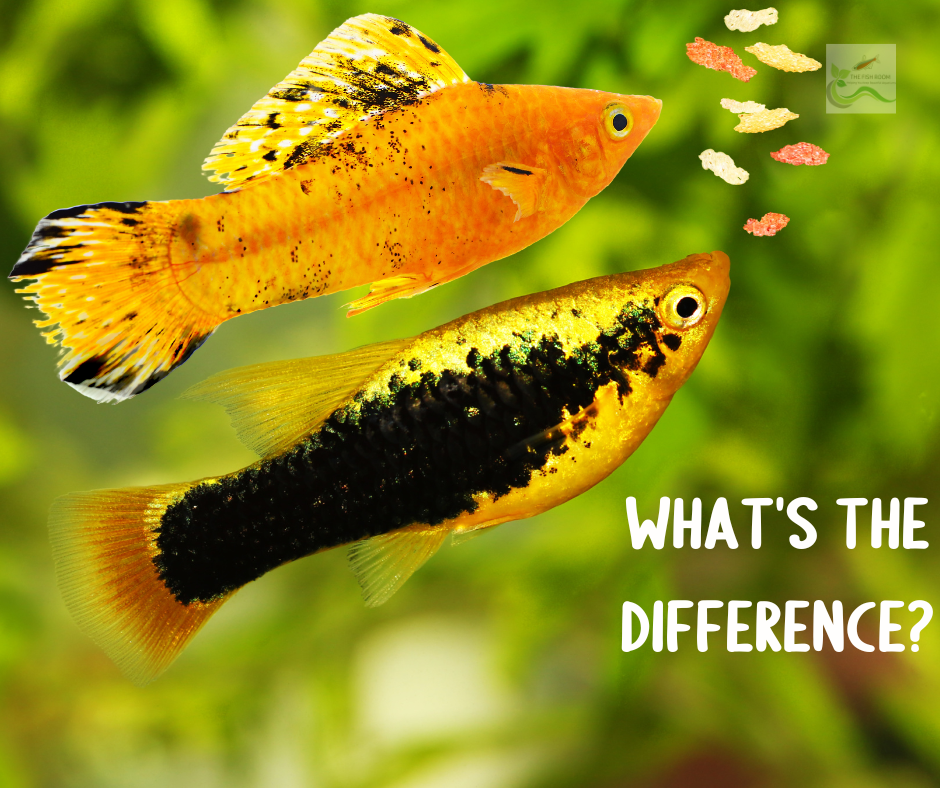
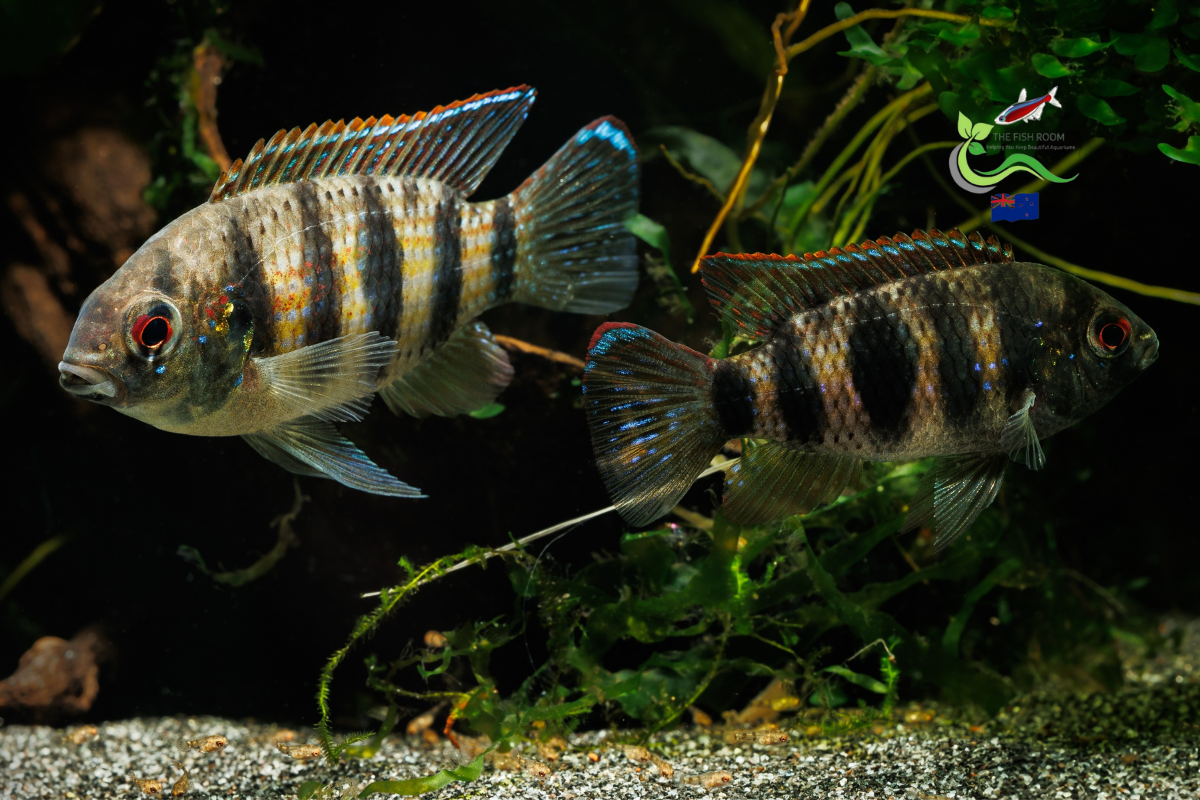
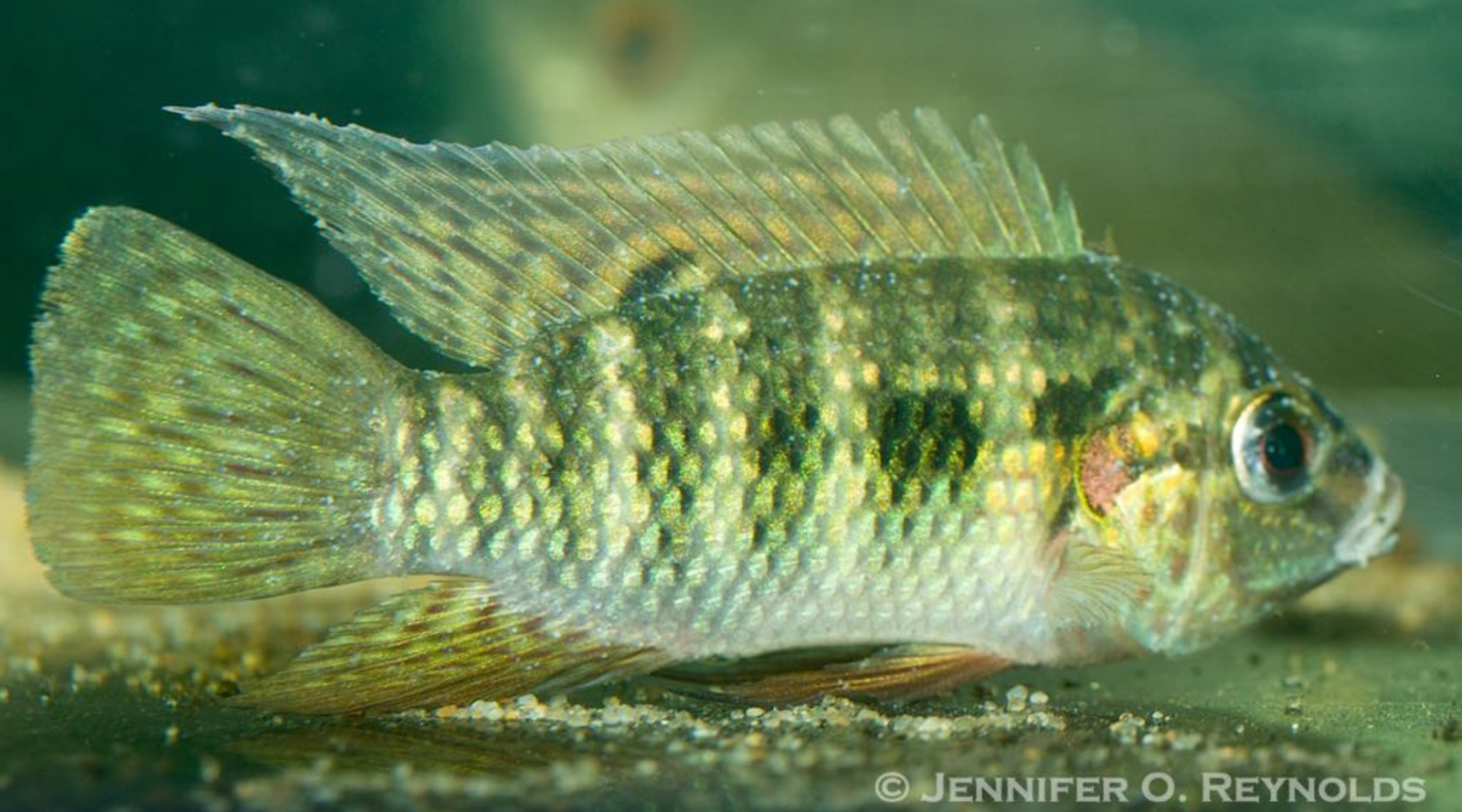
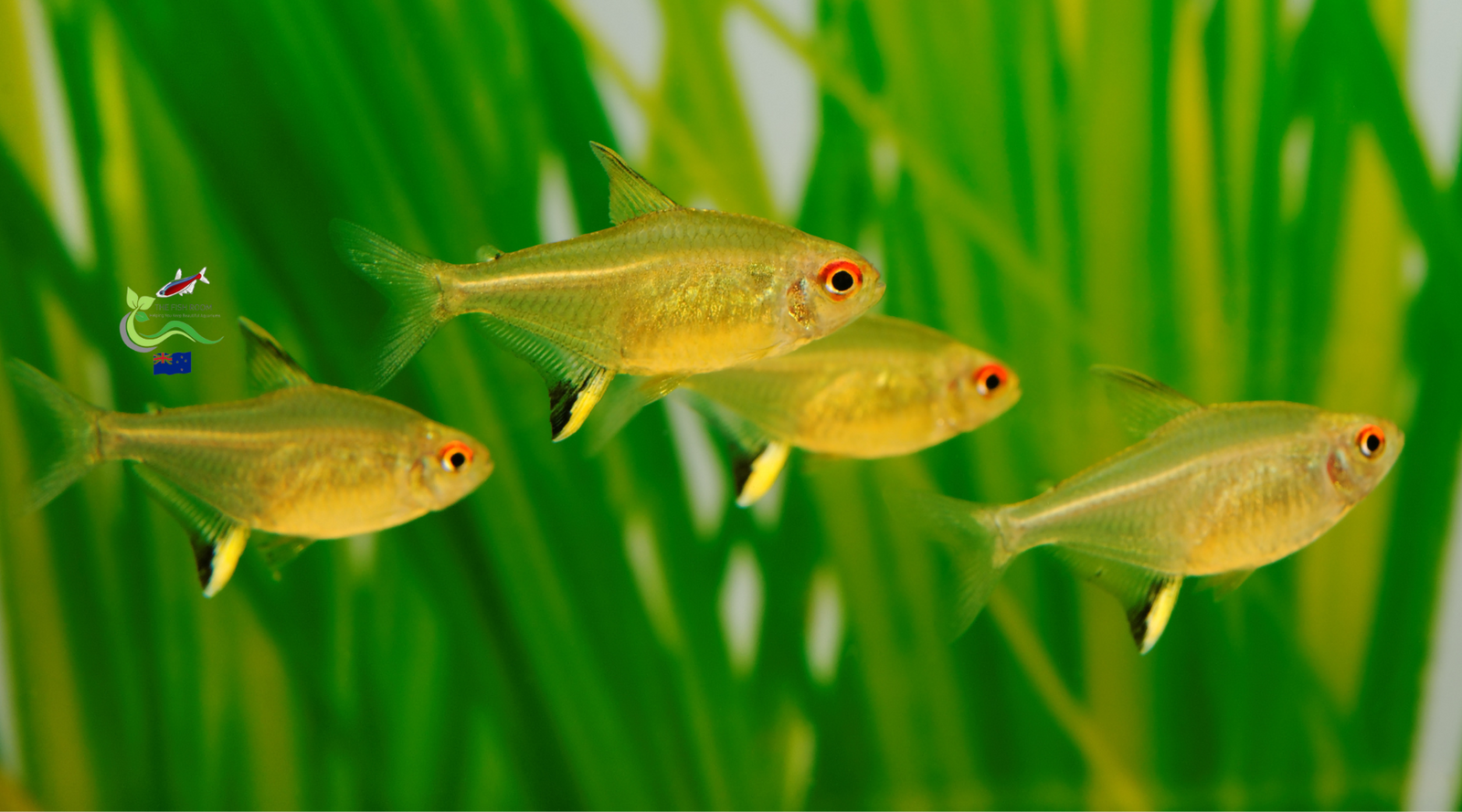
Leave a comment (all fields required)